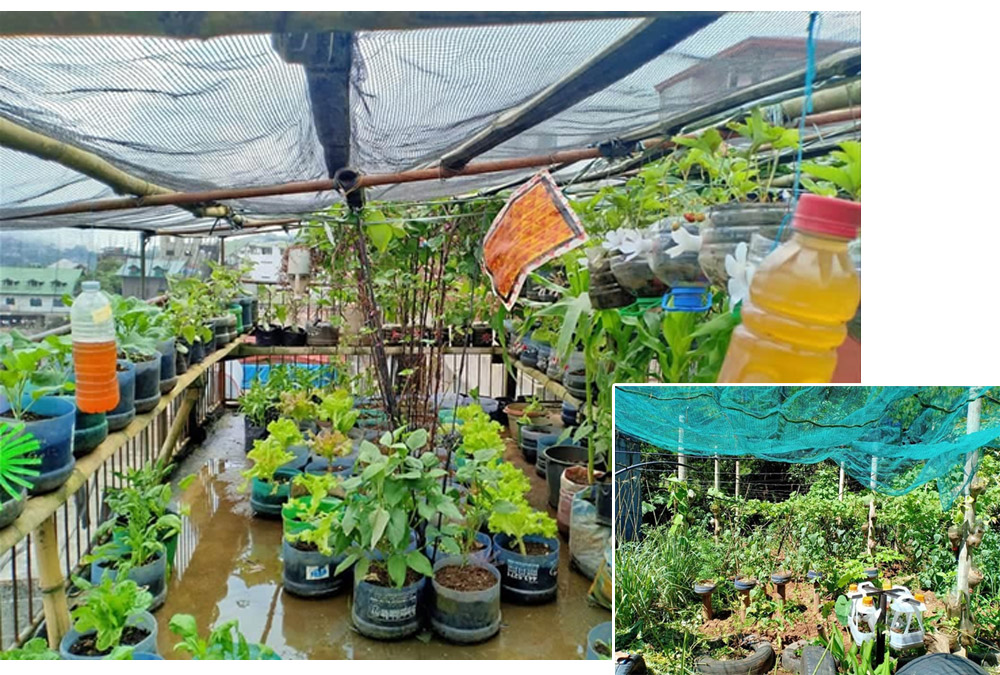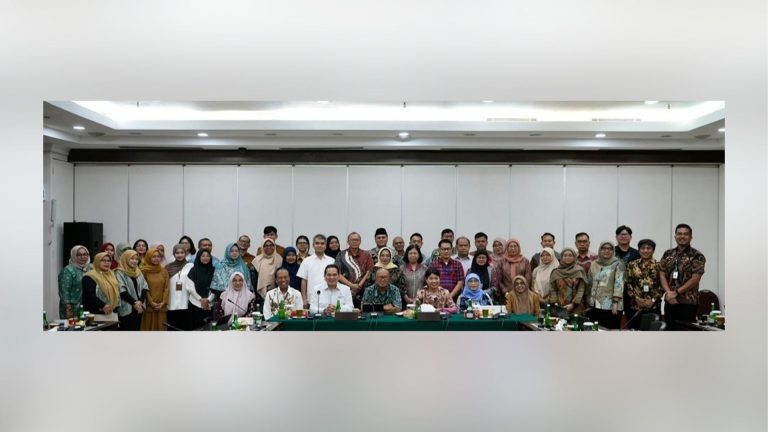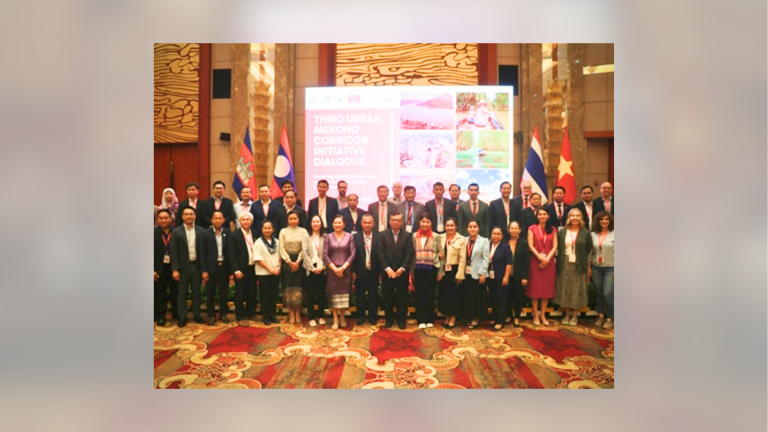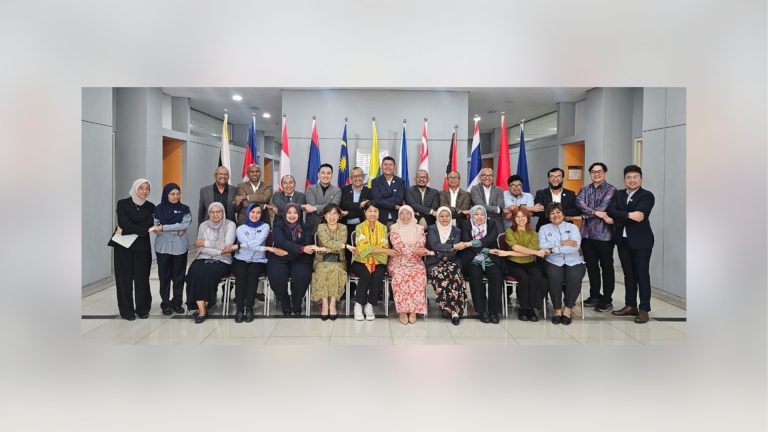DURING this COVID-19 Pandemic, local governments are highly expected to develop immediate initiatives that can solve emerging challenges. Most particularly is securing food for local people amid the hardly hit local economy and businesses. For some member cities of UCLG ASPAC in the Philippines, urban gardening is viewed as one of solutions.
Local government of Baguio City, for example, launched the Survival Garden project. Under this project, local government distributed seeds of short-season crops such as pechay, lettuce, beans, and spinach throughout the barangay (village, the smallest administrative unit in the Philippines) for free. Local people can harvest the vegetables within two months.
The city also announced a Survival Garden contest with two categories: in-ground garden plots and container garden. Barangay officials identified top three survival gardens and the top one represented the barangay at the district-wide competition. Barangay entries for the district-wide contest were required to submit photo documentation. Top three survival gardens were declared at the district level and the top one represented the district at the city-wide competition. District-wide winners received agricultural inputs and/or tools and city-wide winners/awardees received cash and in-kind incentives.
The Survival Garden project aimed to sustain the supply of vegetables among the villages and households in the city. It is intended to be one of long-term solutions for local people during the pandemic.
Developing similar initiative but applied in different area, local government of Iriga City introduced the Corn Seeds on Wheels programme. This also involved free distribution of corn seeds, but targeted city farmers in order to support their livelihood. Encouraging households to plant vegetables was also conducted by local government of Catbalogan City by initiating the Pagtanom at Home or Plant at Home programme. They also provided and distributed seeds of upo, squash, bitter gourd ampalaya, pechay, and upland kangkong for free throughout the barangay.
The above initiatives of the local governments resonated with “food resiliency” programme developed by government at the national level. Through the Department of Agriculture, national government started the Plant Plant Plant Programme to enhance food security during the pandemic. With a fund amounting to P31-billion, the program is expected to benefit farmers, fishers, and consumers. The programme will also fund social amelioration for farmers and food resiliency projects, and expand the coverage of several other existing projects[1].
[1] https://www.da.gov.ph/das-plant-plant-plant-program-to-benefit-all-farmers-fishers-consumers-nationwide/











